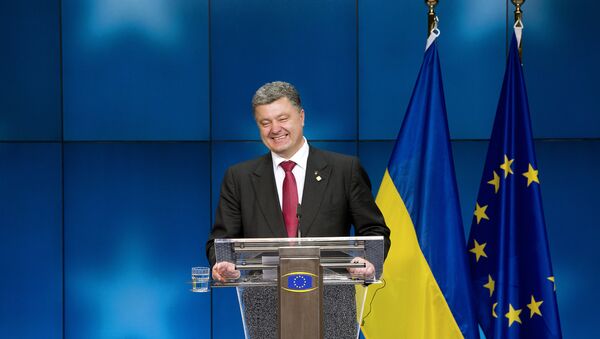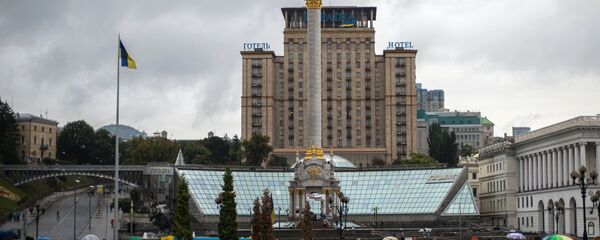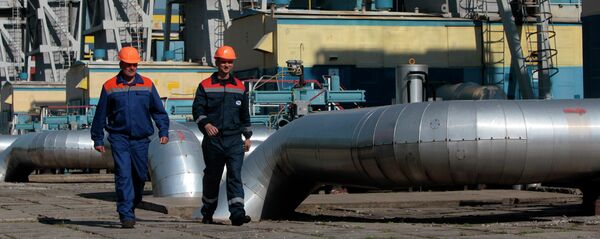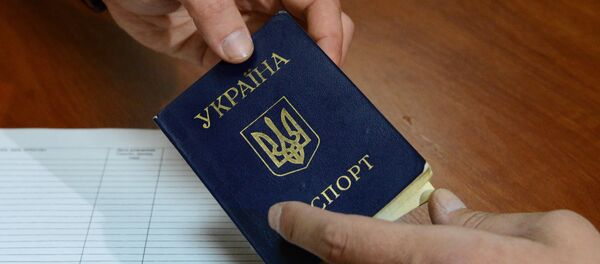At present, however, President Poroshenko has to be content with EU bosses' "optimism" that the dream will soon become reality. In practice, it may take years until the EU grants the desired visa freedom to a country with a thoroughly corrupt leadership and a decrepit economy, exacerbated by the ongoing armed conflict, which swallows Ukrainian resources at an alarming rate.
During the latest summit between Ukraine and the EU, EU Council President Donald Tusk and European Commission President Jean-Claude Juncker pledged to keep the chances of reaching visa freedom this year alive, yet this objective looks increasingly difficult.
Last week, Brussels swirled with rumors that the visa freedom was blocked by France, which allegedly is reluctant to give a free entry to millions of Ukrainians ahead of next year's presidential election. Although this notion was firmly rejected by both Tusk, Poroshenko and Juncker, there are many reasons to believe it.
"It is not just about France. I am also informed of a certain restraint in Belgium, Italy, Germany and other countries. So it does not depend on the French election alone, but rather on member states' ability to come to terms," Martin Schulz said, as quoted by Danish newspaper Berlingske. He added that the European Parliament is ready to negotiate visa freedom as quickly as possible.
As regards negotiations on the so-called "emergency brake" for visa freedom, big EU countries with France in the lead would see the criteria for being able to pull this brake as broad as possible. The reasons are that many foreign citizens who enjoy visa-free travel often choose to stay longer than the permitted 90 days, which makes it hard for the competent bodies to keep track of them and puts an extra strain on migration boards. Additionally there has been a marked increase of asylum-seekers from countries with mutual visa freedom, which cannot help but influence the public opinion and decision-makers in the wake of last year's migrant crisis. The emergency brake should therefore be pulled if the citizens from visa-free countries pose a security risk or are not immediately accepted upon deportation.
To return the favor, Poroshenko stressed that the EU, despite all talks of crisis, remains the world's most attractive club to seek membership in.
"The EU is under serious attack from populists, nationalists, Euro-skeptics and Russia. But I am sure that the EU will remain in good health in the future, because it is in the EU's 500 million citizens' interest," Poroshenko said, venturing that Ukraine probably was the most EU-optimistic country in all of Europe.





